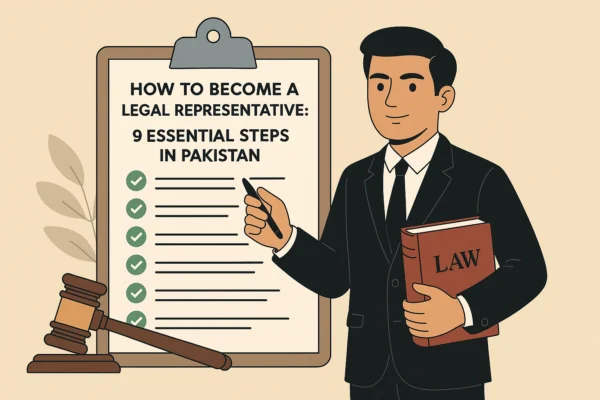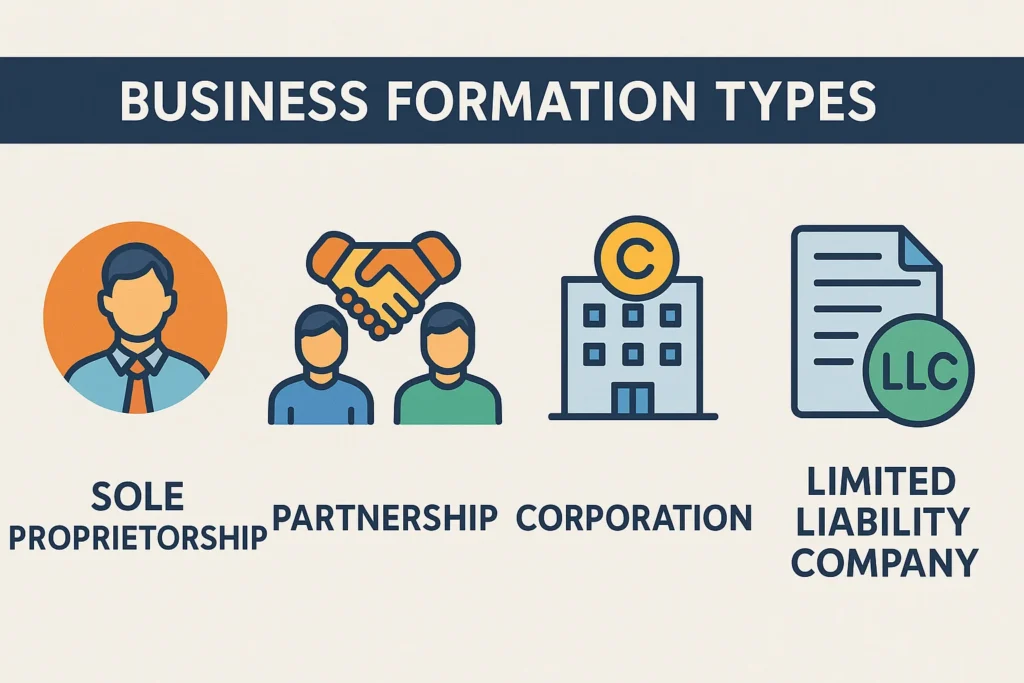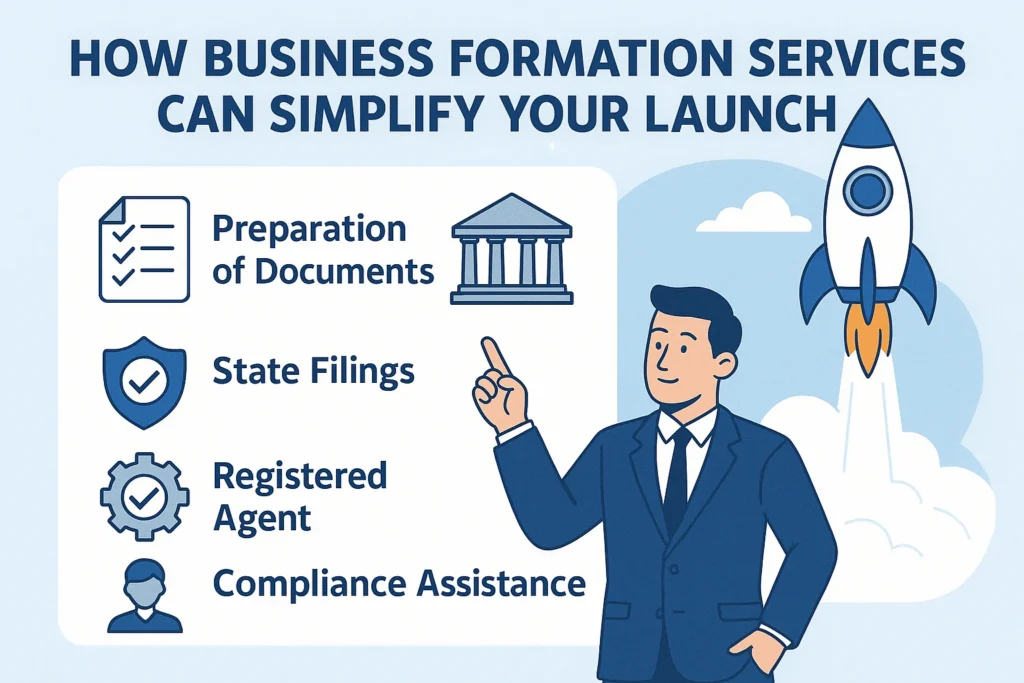How to Become a Legal Representative: 9 Essential Steps in Pakistan
Are you drawn to the legal world and aspire to stand up for justice? Becoming a legal representative in Pakistan could be your gateway to a fulfilling and impactful career. From navigating complex laws to representing individuals and organizations, legal representatives play a critical role in society. If you’re ready to take the leap, here are 9 essential steps to help you understand the process, from academic preparation to courtroom practice—all tailored for the legal system in Pakistan. Discover What Legal Representation Involves How to become a legal representative Before you begin your journey, it’s vital to understand what a legal representative actually does. In Pakistan, this title often refers to lawyers and attorneys who are authorized to act on behalf of others in court or legal matters. Legal representatives handle everything from court appearances to drafting legal agreements. They may represent individuals in personal disputes or assist companies with legal compliance. Knowing what you’re signing up for gives your journey purpose and direction. Build a Strong Academic Foundation in Law The road to becoming a professional legal representative begins with the right education. In Pakistan, this means enrolling in a 5-year LLB program at a university recognized by the Higher Education Commission (HEC). Law courses typically cover: Make sure your institution is also approved by the Pakistan Bar Council to ensure your degree qualifies you for legal practice. Pass the LAT – Law Admission Test To gain admission into any law program in Pakistan, you must clear the Law Admission Test (LAT), administered by HEC. This test evaluates your: Passing LAT is a mandatory step before law colleges allow enrollment. Prepare seriously to set the stage for your legal education. Successfully Complete Your Law Degree Once admitted, you’ll spend five years diving deep into Pakistan’s legal landscape. While theory is essential, active participation in moot courts, legal research, and case studies will give you a strong edge. This is also a good time to start networking with practicing lawyers and law firms for future internships and mentorships. Intern With a Law Firm or Legal Consultant Experience is everything in the legal field. During or after your degree, intern with law chambers or legal organizations. These internships expose you to: A professional platform like thefirstcallsol also offers budding legal minds exposure to real-world legal representation, especially in corporate, civil, and contractual matters. Clear the Law Graduate Assessment Test (Law-GAT) After graduation, you’ll need to take and pass the Law-GAT, another national-level exam overseen by HEC. This test validates your readiness for legal practice and covers areas such as: Passing the Law-GAT is a prerequisite for applying for your law license. Register with the Bar Council With your Law-GAT results in hand, it’s time to apply for a legal practicing license through your provincial Bar Council (such as Punjab, Sindh, KP, or Balochistan). You’ll submit: After registration, you’ll officially receive your license to appear in district-level courts in Pakistan. Practice at the District Court Level Now that you are licensed, your legal career begins at the district courts. As a new legal representative, this stage is crucial for gaining courtroom experience. Initially, you may: You can apply for a High Court license after two years of active practice and continue progressing to the Supreme Court level with experience. Explore Specialization or Corporate Legal Services Once you’ve gained some practical experience, consider choosing a specific legal path. Common specialties include: You might also choose to work with a legal consultancy like thefirstcallsol, which offers full-service legal support to individuals and businesses. They specialize in drafting legal documents, resolving corporate disputes, and representing clients before tribunals and authorities—providing a structured environment for legal growth. Conclusion The path to becoming a legal representative in Pakistan requires discipline, education, and real-world exposure. It’s not just about acquiring a degree—it’s about building credibility, understanding the law in depth, and gaining experience that sets you apart. With the right mindset and support from firms like thefirstcallsol, you can transform your legal aspirations into a dynamic and successful career. If law is your calling, don’t wait—start your journey today. FAQs
How to Become a Legal Representative: 9 Essential Steps in Pakistan Read More »










